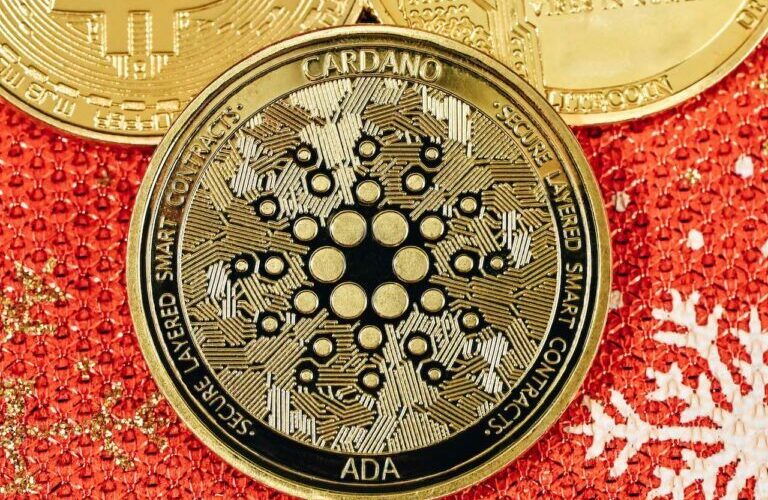$ADA: Charles Hoskinson Says Cardano’s Staking Model Is Safe From the SEC for Now
Last Friday (10 February 2023), Charles Hoskinson, Co-Founder and CEO at Input Output Global (“IOG), the blockchain technology firm responsible for the development of Cardano ($ADA), shared his thoughts on the U.S. SEC’s stance on crypto staking and how they might impact $ETH or $ADA.
On 9 February 2023, the U.S. Securities and Exchange Commission (SEC) issued a press release about Kraken that stated:
“The Securities and Exchange Commission today charged Payward Ventures, Inc. and Payward Trading Ltd., both commonly known as Kraken, with failing to register the offer and sale of their crypto asset staking-as-a-service program, whereby investors transfer crypto assets to Kraken for staking in exchange for advertised annual investment returns of as much as 21 percent.
“To settle the SEC’s charges, the two Kraken entities agreed to immediately cease offering or selling securities through crypto asset staking services or staking programs and pay $30 million in disgorgement, prejudgment interest, and civil penalties.“
On the same day, Kraken announced in a blog post that it had agreed to shut down its crypto staking services for U.S. clients:
“Today, two Kraken subsidiaries announced a settlement with the U.S. Securities and Exchange Commission (SEC) concerning Kraken’s on-chain staking program. Because of this settlement, Kraken has agreed to end its on-chain staking services for U.S. clients.
“Starting today, Kraken will automatically unstake all U.S. client assets enrolled in the on-chain staking program. These assets will no longer earn staking rewards. This applies to all staked assets except for staked ether (ETH), which will be unstaked after the Shanghai upgrade. U.S. clients will not be able to stake any additional assets, including ETH. Kraken will continue to offer staking services for non-U.S. clients through a separate Kraken subsidiary… Staking services for non-U.S. clients will continue uninterrupted. Non-U.S. clients can continue to stake and unstake assets, as well as automatically earn and stake rewards, as usual.“
The following day, the IOG CEO talked about crypto staking and how it could get regulated in the U.S. in a video update published on his YouTube channel.
According to a report by The Daily Hodl, Hoskinson said:
“It does not appear that there’s any attempt to say ‘oh well, staking mechanics somehow now make the underlying asset a security.’ You’ll probably see a lot of FUD… saying ‘oh well, if staking is a security that must mean the underlying asset is. So Ether is now a security. Or ADA is now a security.’
“Let’s be very clear: You can take wheat, which is a commodity, or gold, a commodity, and put it into some sort of package or structuring where that package is a security or that activity that you’re doing with it is regulated. But that doesn’t make wheat or gold a security. So you don’t have that transitivity there where what you do with stake pools could infer the underlying asset has a problem. We haven’t seen any attempt to do that at the moment.
“Now, obviously, again governments are unpredictable, facts and circumstances could change and we see things the same time you guys do so we’ll cross that bridge if it comes. But as it stands right now, the ecosystem is fine. So I don’t think there’s any issue with Cardano as it sits. I don’t think there’s any issue with our staking model as it sits. Unfortunately, conflation of what Ethereum is doing with Cardano may drag us in an uncomfortable direction.“
https://youtube.com/watch?v=J7y2tvpHY5w%3Ffeature%3Doembed
On 15 September 2022, the day that Ethereum’s Merge upgrade took place, the Wall Street Journal reported that SEC Chair Gary Gensler had said on that day that “cryptocurrencies and intermediaries that allow holders to ‘stake’ their coins might pass a key test used by courts to determine whether an asset is a security.”
Image Credit
Featured Image via Unsplash
Source: Read Full Article

